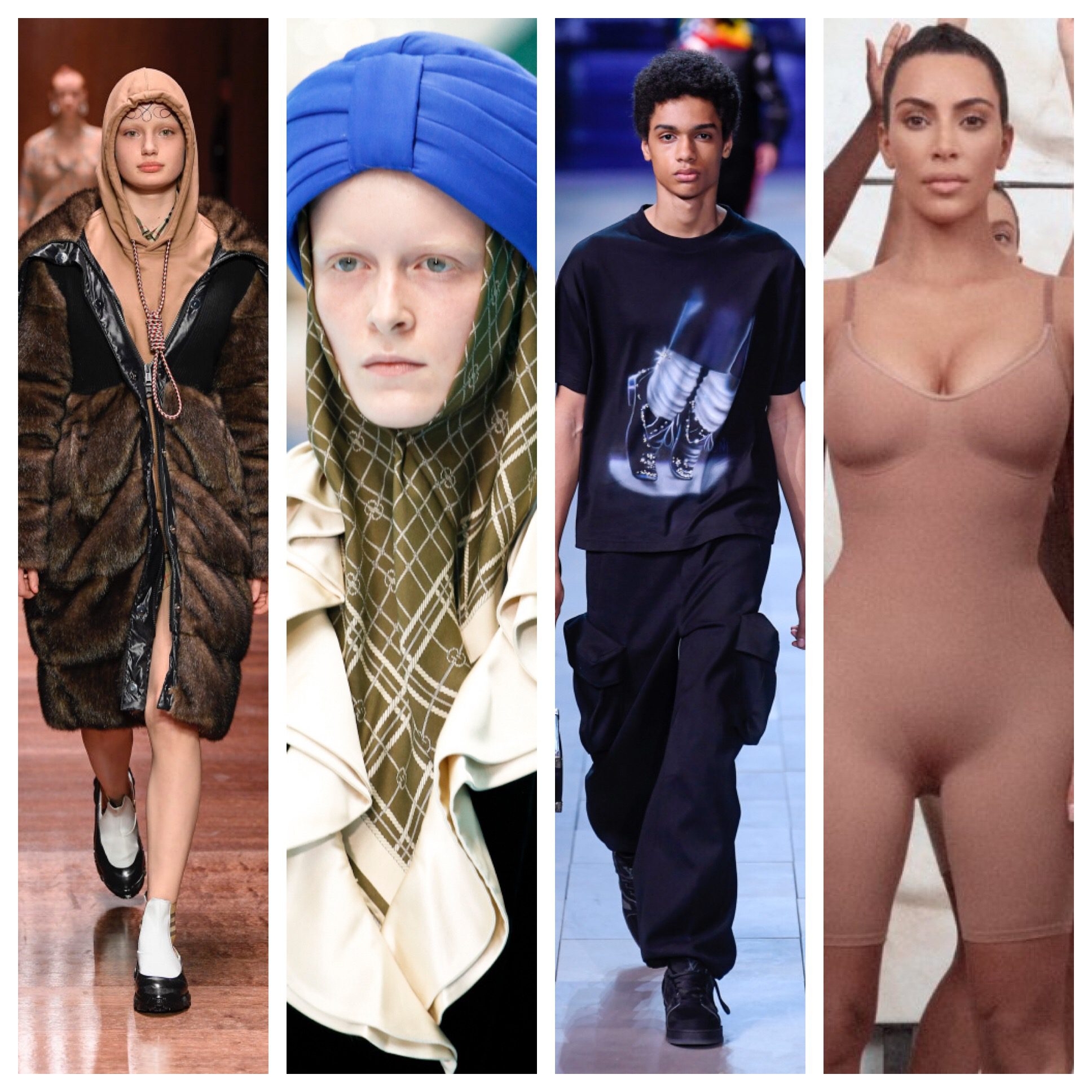The influence of pop culture on society is undeniable, but not all trends are well received. In fact, some pop culture trends have been met with public outrage for their harmful effects on individuals and society as a whole. From the dangerous Tide Pod Challenge to the sexualization of young girls in pop culture, controversial trends have sparked condemnation and calls for change. Other trends, such as cancel culture and misinformation, have also sparked controversy and debate. It is essential to address and change negative trends while striving for progress and positive change in society.
10 Controversial Pop Culture Trends that Sparked Public Outrage
Pop culture trends are often a reflection of our society and its current state. However, not all trends are well received by the public. Some are even considered controversial and spark outrage. Here are 10 pop culture trends that caused a stir in the public sphere.
1. The Tide Pod Challenge
In 2018, a viral trend known as the “Tide Pod Challenge” gained popularity amongst teenagers. This trend encouraged individuals to film themselves ingesting Tide detergent pods, which are highly toxic and dangerous. The challenge sparked outrage amongst parents, healthcare professionals, and corporations. Many companies, including YouTube and Facebook, took action to remove videos promoting the trend.
2. Kylie Jenner’s ‘Self-Made’ Billionaire Title
In 2019, Forbes Magazine named Kylie Jenner the youngest self-made billionaire at the age of 21. However, many individuals, including celebrities, criticized the title, stating that Jenner’s massive wealth was not self-made, but rather inherited from her famous family.
3. Blackface and Cultural Appropriation in Fashion
Cultural appropriation in fashion has sparked controversy many times, particularly in regards to incorporating blackface. Multiple fashion brands, such as Gucci and Prada, have been accused of insensitivity and racism for products featuring this or other culturally insensitive elements.
4. ‘Thinspo’ and Body Shaming in Social Media
Social media can be a harmful place when it comes to promoting unrealistic beauty standards and body shaming. “Thinspo,” short for “thinspiration,” is a trend where individuals share images of extremely thin bodies, which can encourage and promote eating disorders and unhealthy habits. Many health professionals and public figures have condemned the trend, calling for social media platforms to take action to remove this kind of content.
5. Sexualization of Young Girls in Pop Culture
The sexualization of young girls in pop culture has been a pervasive trend for decades, with music videos, advertisements, and clothing lines oftentimes portraying young girls in a sexualized manner. This trend has sparked outrage among parents, educators, and activists who argue that it perpetuates harmful beauty standards and can lead to sexual exploitation.
6. Violence and Gore in Video Games
The depiction of violence and gore in video games has been a long-standing trend and subject of controversy. Some argue that violent games can desensitize individuals to real-world violence and lead to aggressive behavior. Others argue that there is no direct link between violent video games and real-world aggression.
7. ‘Cancel Culture’
“Cancel culture” refers to the trend of publicly denouncing and boycotting individuals or companies for behavior or opinions deemed unacceptable. While some argue that it is a necessary tool to hold public figures accountable, others argue that it can be counterproductive, leading to a lack of productive discourse and mob mentality.
8. Influencers and Sponsorships
In recent years, social media influencers have become a significant part of pop culture, with many individuals attaining massive followings and accruing significant sponsorships and brand deals. However, many influencers have been called out for promoting harmful and misleading products, leading to outrage among consumers and government officials.
9. ‘Fake News’ and Misinformation
With the rise of social media, the spread of “fake news” and misinformation has become prevalent. This trend has led to public outrage and heightened concerns over the accuracy of media outlets and the reliability of information.
10. Cyberbullying and Harassment
Cyberbullying and online harassment have become significant issues in pop culture as social media use has increased. These trends have garnered public outrage, as they can have severe psychological impacts on individuals and lead to long-term harm.
In conclusion, pop culture trends can be both positive and negative, with some trends sparking public outrage. It is essential to promote positive change and encourage societal progress while addressing the concerns of those who voice outrage over harmful trends. By acknowledging and addressing negative trends, individuals can do their part in shaping a better future for pop culture and society as a whole.
